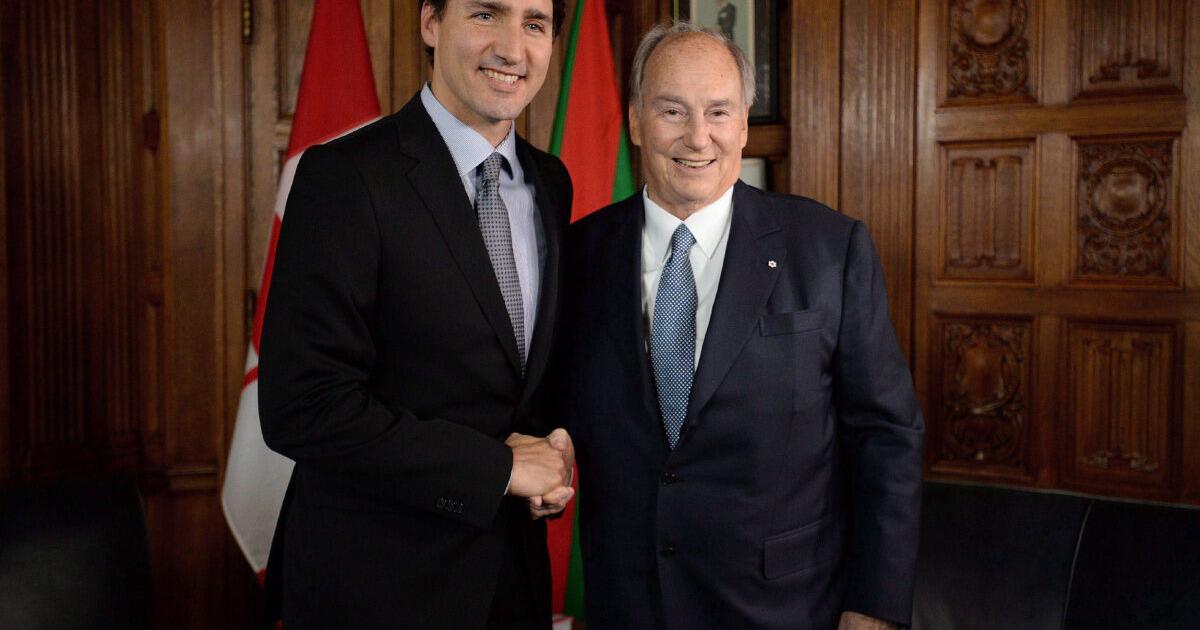11/03/2019 - The OECD Working Group on Bribery is concerned by recent allegations of interference in the prosecution of SNC-Lavalin that are subject to proceedings in the House of Commons Standing Committee on Justice and Human Rights. The Canadian engineering and construction group is the subject of an ongoing prosecution into allegations of the bribery of Libyan officials to obtain a Can$ 58-million contract to restore a water pipeline.
As a Party to the Anti-Bribery Convention, Canada is fully committed to complying with the Convention, which requires prosecutorial independence in foreign bribery cases pursuant to Article 5. In addition, political factors such as a country’s national economic interest and the identity of the alleged perpetrators must not influence foreign bribery investigations and prosecutions.
In February 2019, two procedures were swiftly launched in Canada to respond to the allegations of political pressure. The Federal Conflict of Interest and Ethics Commission opened an investigation into potential violation of Canada’s Conflict of Interest Act, and the Parliamentary Commons Justice Committee initiated a Parliamentary inquiry. The OECD Working Group on Bribery is encouraged by these processes, and notes that the Canadian authorities stress that they are transparent and independent. The Working Group recognises Canada’s willingness to keep it fully informed of developments in the proceedings, including at its next meeting in June 2019.
The OECD Working Group, which brings together the 44 Parties to the Anti-Bribery Convention, will closely monitor Canada’s updates, and has also sent a letter to the Canadian authorities confirming its concerns and next steps in this matter.
For further information, journalists are invited to contact Daisy Pelham of the OECD's Anti-Corruption's Division (+33 (0)1 45 24 90 81).


 nationalpost.com
nationalpost.com







/https://www.thespec.com/content/dam/thespec/news/canada/2017/12/21/trudeau-becomes-first-prime-minister-found-in-violation-of-ethics-law/B823703603Z.1_20171220183415_000_G8M20VJC6.1_Gallery.jpg)